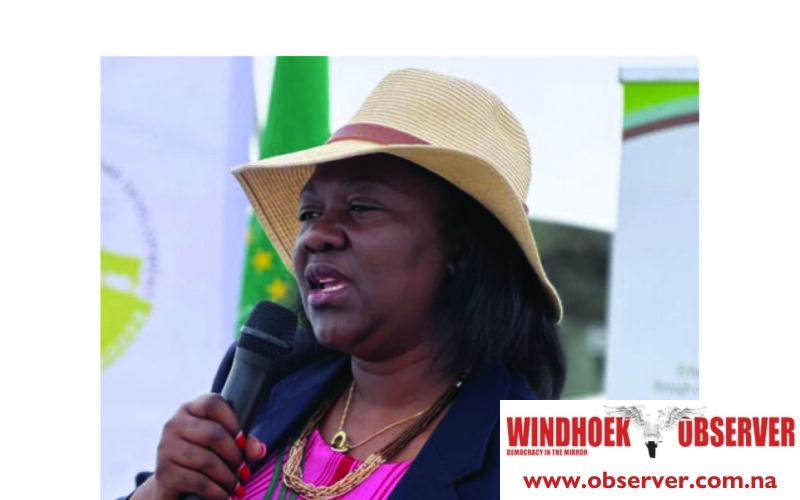Justicia Shipena
The Ministry of Agriculture, Water, and Land Reform has launched the second phase of the Support for Operationalisation of SADC Regional Agriculture Policy (STOSAR II) project.
The executive director, Ndiyakupi Nghituwamata, described the initiative as a strategic partnership aimed at transforming the agricultural sector by enhancing food security, resilience and competitiveness.
The European Union (EU) funds the second phase, which runs from 2025 to 2028, with N$3.5 million allocated to Namibia.
It builds on the first phase (2019–2023), which improved national capacity in data management, animal disease diagnostics and sanitary and phytosanitary standards.
Under STOSAR II, Namibia will focus on Agricultural Information Management Systems (AIMS), animal health, plant health, food and nutrition security and value chain development.
N$707 650 will go toward improving agricultural data collection and training under AIMS.
The animal health component, valued at N$750 000, will strengthen disease detection and response through diagnostic kits, veterinary training, and a new e-veterinary certification system.
For plant health, N$707 918 will support training for inspectors, pest-free area development, and improved phytosanitary systems.
Value chain development, worth N$725 000, will promote competitiveness in products like tomatoes, watermelons, dairy and mangoes and fund agro-processing equipment for training.
Food and nutrition security, allocated N$740 000, will include nutrition assessments, capacity building, and iodine and thyroid health studies in northern regions.
Namibia will also learn from Zambia’s experience in micronutrient supplementation for pregnant women.
“This funding represents an important investment in our agricultural transformation agenda. Our responsibility is to ensure every euro is accounted for and directed towards achieving its objectives for the benefit of the Namibian people,” she said on Friday.
She urged collaboration among farmers, government officials, researchers, and development partners.
“To our farmers, you remain the true engine of growth and transformation. Let us harness this opportunity and translate plans into tangible results,” she said before officially declaring the project launched.
EU Delegation programme manager Susan-Marie Lewis said agriculture remains the backbone of Southern Africa’s economy, driving regional integration and socio-economic transformation.
“Together, we are taking another decisive step toward a more resilient, sustainable, and integrated agricultural sector, one that supports livelihoods, drives trade, and secures food and nutrition for all,” she said.
The EU has committed €9.7 million (around N$190 million) for STOSAR II across SADC from 2024 to 2027.
Namibia will receive €140 000 (N$2.8 million) for 2025–2026. The new phase expands on the first (2018–2024), which improved data systems, pest management and export competitiveness.
She said these efforts could attract investment and should be highlighted at the EU–Namibia Business Forum in March 2026, where agriculture and agribusiness will feature prominently.
The Food and Agriculture Organization (FAO) in Namibia also reaffirmed its support.
“Agriculture remains the backbone of our region’s economic growth, food security and trade. Here in Namibia, it sustains households, drives rural development, and stabilises the economy,” said FAO representative Patrice Talla.




